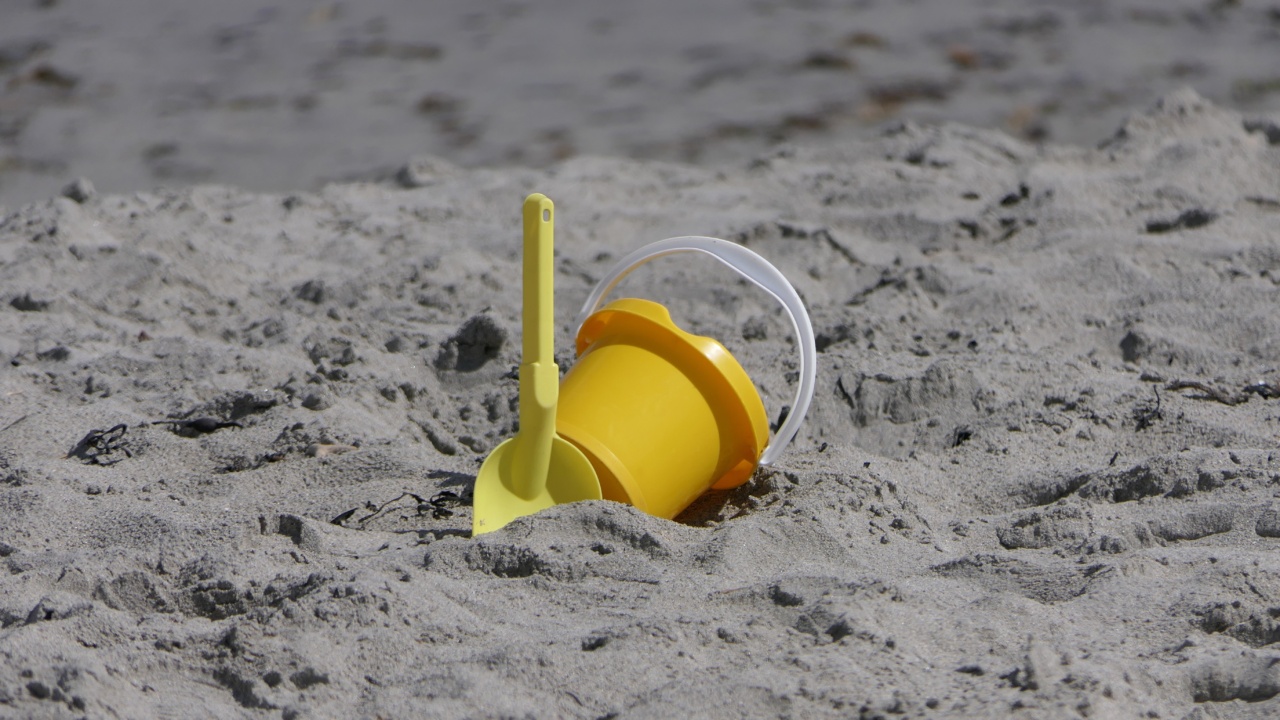Urinary tract infections (UTIs) are common infections that occur in the urinary system, including the kidneys, bladder, and urethra.
These infections are caused by bacteria that enter the urinary system through the urethra and can cause a range of symptoms, including painful urination, frequent urination, and a cloudy or foul-smelling urine.
Causes of UTIs
UTIs are typically caused by bacteria that enter the urinary system through the urethra. Women are more prone to UTIs than men due to the shorter distance between the urethra and the anus.
Additionally, sexual activity, menopause, pregnancy, and the use of certain types of birth control can increase the risk of developing a UTI.
Symptoms of UTIs
The symptoms of a UTI can vary depending on the severity of the infection, but common symptoms may include:.
- Painful or burning urination
- Frequent urination
- Cloudy or foul-smelling urine
- Pain in the lower abdomen or back
- Feeling tired or shaky
- Fever or chills (if the infection has spread to the kidneys)
Diagnosing UTIs
If you suspect that you have a UTI, your doctor may perform a physical exam and ask about your symptoms. They may also perform a urine test to look for the presence of bacteria or white blood cells, which can indicate an infection.
In some cases, imaging tests may be used to determine if the infection has spread to the kidneys.
Treating UTIs
UTIs are typically treated with antibiotics, which work to kill the bacteria causing the infection. Your doctor may prescribe a specific type of antibiotic based on the type of bacteria causing the infection and the severity of your symptoms.
It is important to take the full course of antibiotics prescribed by your doctor, even if you start to feel better before the medication is finished. This helps to prevent the infection from returning or becoming resistant to antibiotics.
In addition to antibiotics, your doctor may recommend other treatments to help relieve your symptoms, such as pain relievers or medications to help soothe the bladder.
Drinking plenty of water and urinating frequently can also help to flush out the bacteria causing the infection.
Preventing UTIs
While UTIs can be common, there are several steps that you can take to reduce your risk of developing an infection:.
- Drink plenty of water to help flush out bacteria from the urinary system.
- Urinate frequently, especially after sexual activity, to help clear bacteria from the urethra.
- Wipe from front to back after using the toilet to avoid transferring bacteria from the anus to the urethra.
- Empty your bladder completely to avoid creating an environment that is conducive to bacterial growth.
- Avoid using irritating products in the genital area, such as douches or powders.
When to See Your Doctor
If you suspect that you have a UTI, it is important to see your doctor right away. UTIs can become serious if left untreated, and can even lead to kidney damage in some cases. Seek medical attention if you experience any of the following symptoms:.
- Fever or chills
- Pain in the lower back or sides
- Nausea or vomiting
- Blood in the urine
- Inability to urinate
Conclusion
While UTIs can be uncomfortable and inconvenient, they are typically easy to treat with antibiotics and other supportive treatments.
By taking steps to prevent UTIs and seeking medical attention if you suspect that you have an infection, you can quickly return to feeling healthy and comfortable.




























